Community Based Rehabilitation
When our team first met Gulnar, a six-year-old girl diagnosed with cerebral palsy (CP) and a suspected case of CHARGE syndrome, she was unable to walk or communicate. Her mother, devoted and eager to help, joined our rehabilitation programme for children with disabilities (CWD) to learn how to support her daughter’s development at home.
For ten weeks, we worked closely with Gulnar and her mother through intensive therapy sessions. During each visit, we provided a homework programme filled with physical exercises and playful communication games designed to help Gulnar grow stronger and more engaged.
After completing the initial programme, Gulnar and her mother continued to attend monthly follow-up sessions, maintaining steady progress. Eight months later, the results are remarkable: Gulnar is now walking with support — holding onto chairs, tables, or her mother’s hand. She uses a communication board to express herself, and her eating and swallowing have greatly improved thanks to consistent speech therapy and the use of special equipment provided through our programme.
But Gulnar’s story doesn’t end there.
Recently, her mother reached out to our team with an urgent message. She was pregnant again and had been told by doctors that there might be complications with the baby. The doctors advised her to have an abortion, and her husband supported that recommendation.
When we met with her to listen and offer support, she shared these moving words:
“Seeing Gulnar growing up, it doesn’t matter to me if there is something wrong with the baby. I love Gulnar, and I will love this baby too. I have peace about the situation, and I don’t want to go through with the abortion.”
Her strength and peace deeply touched our team. Together, we encouraged her to seek a second opinion at one of our partnering medical centres and to have an open conversation with her husband about her decision.
Gulnar’s story shows how our rehabilitation work goes beyond physical progress — it builds trusting relationships with families, enabling them to share their challenges and find hope, courage, and resilience in the face of uncertainty.
Name changed for privacy
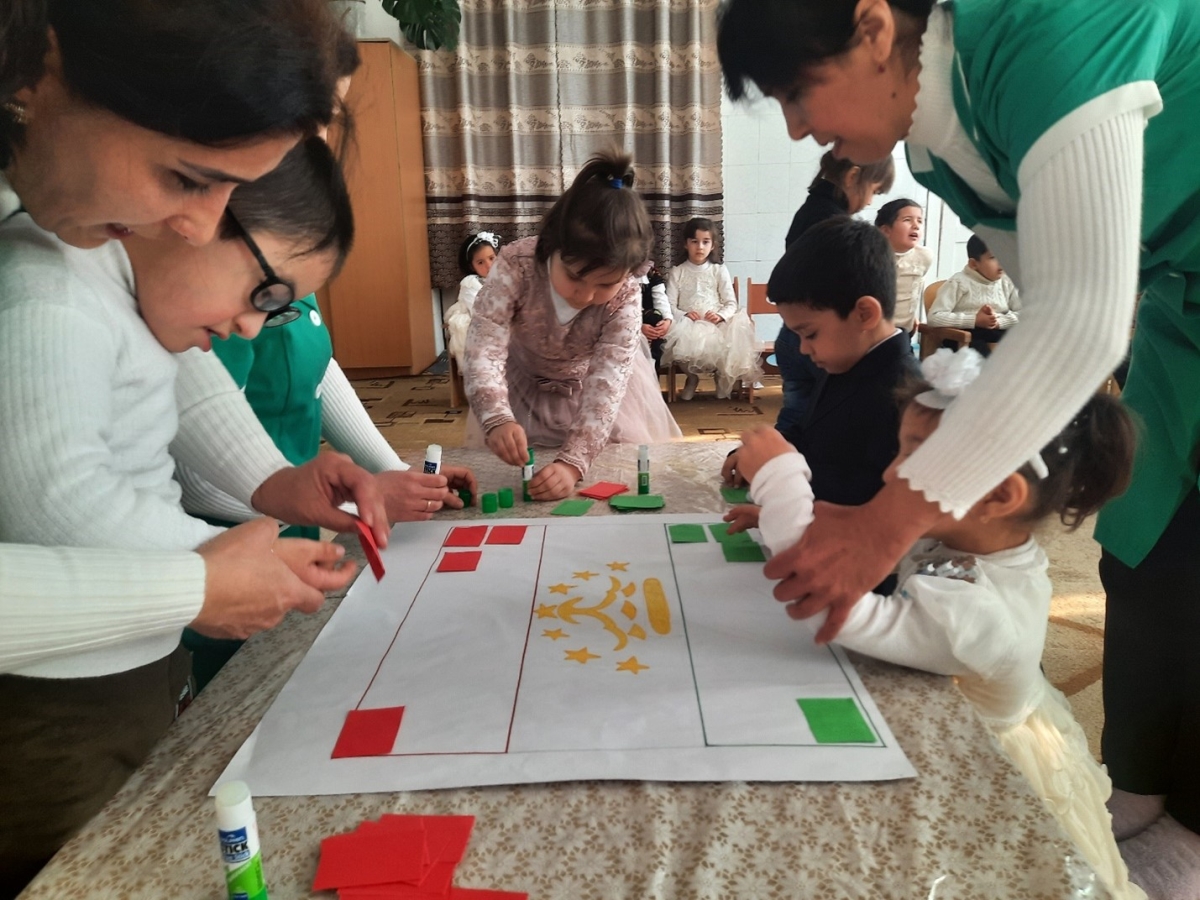
Perseverance Brings Progress
Now Rustam can express himself, he is socializing with his peers, and he is participating in the cultural events of the organization. Rustam is ready to go to school!

Full Participation at School
In the summer, our organisation received a request to build a ramp and an accessible toilet at this school to allow the school to accept children with disabilities so that they could socialise and study with their peers.
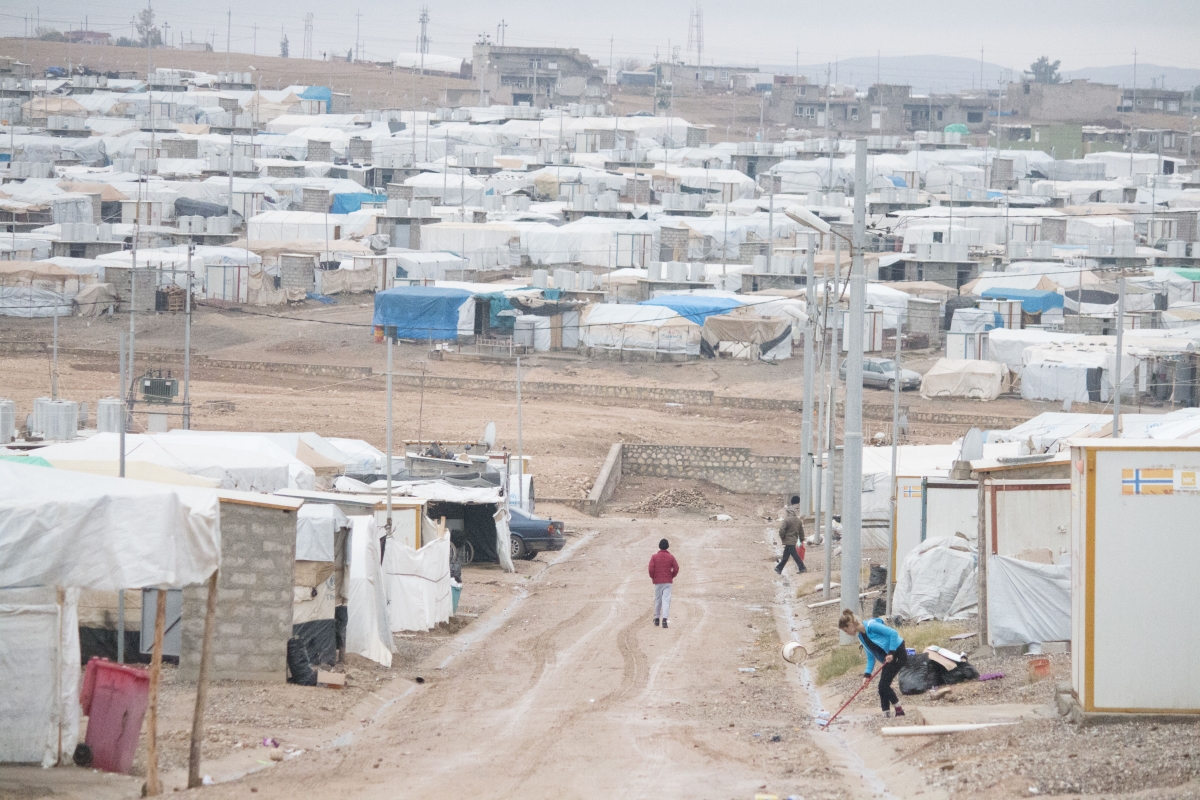
Wheelchair Gives New Hope in Life
The wheelchair has not only contributed to Amir’s improvement physically, but emotionally and psychologically as well.
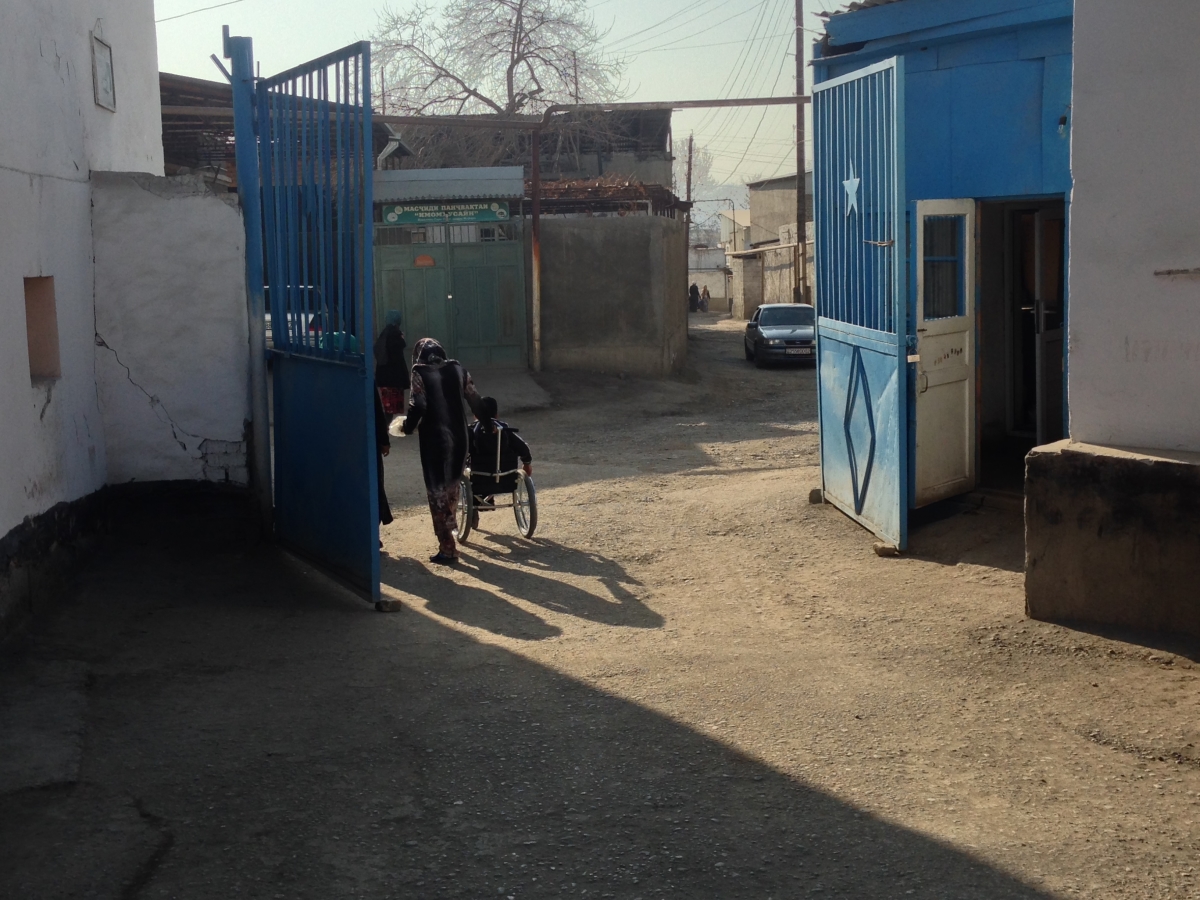
Partnership Opens the Way to School
There are many barriers for a child with disability to access education in Tajikistan. Sometimes this barrier is seen in the attitudes of people that think children with disabilities don’t belong in school or should be kept separate from other children.
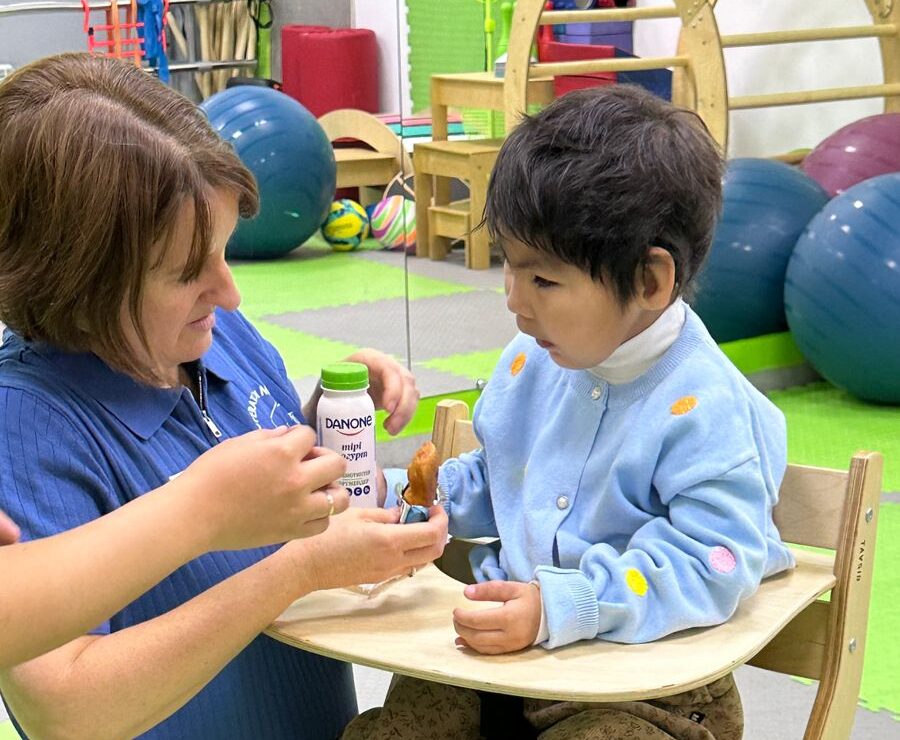
Growing in Strength and Love
When our team first met Gulnar, a six-year-old girl diagnosed with cerebral palsy (CP) and a suspected case of CHARGE syndrome, she was unable to walk or communicate.
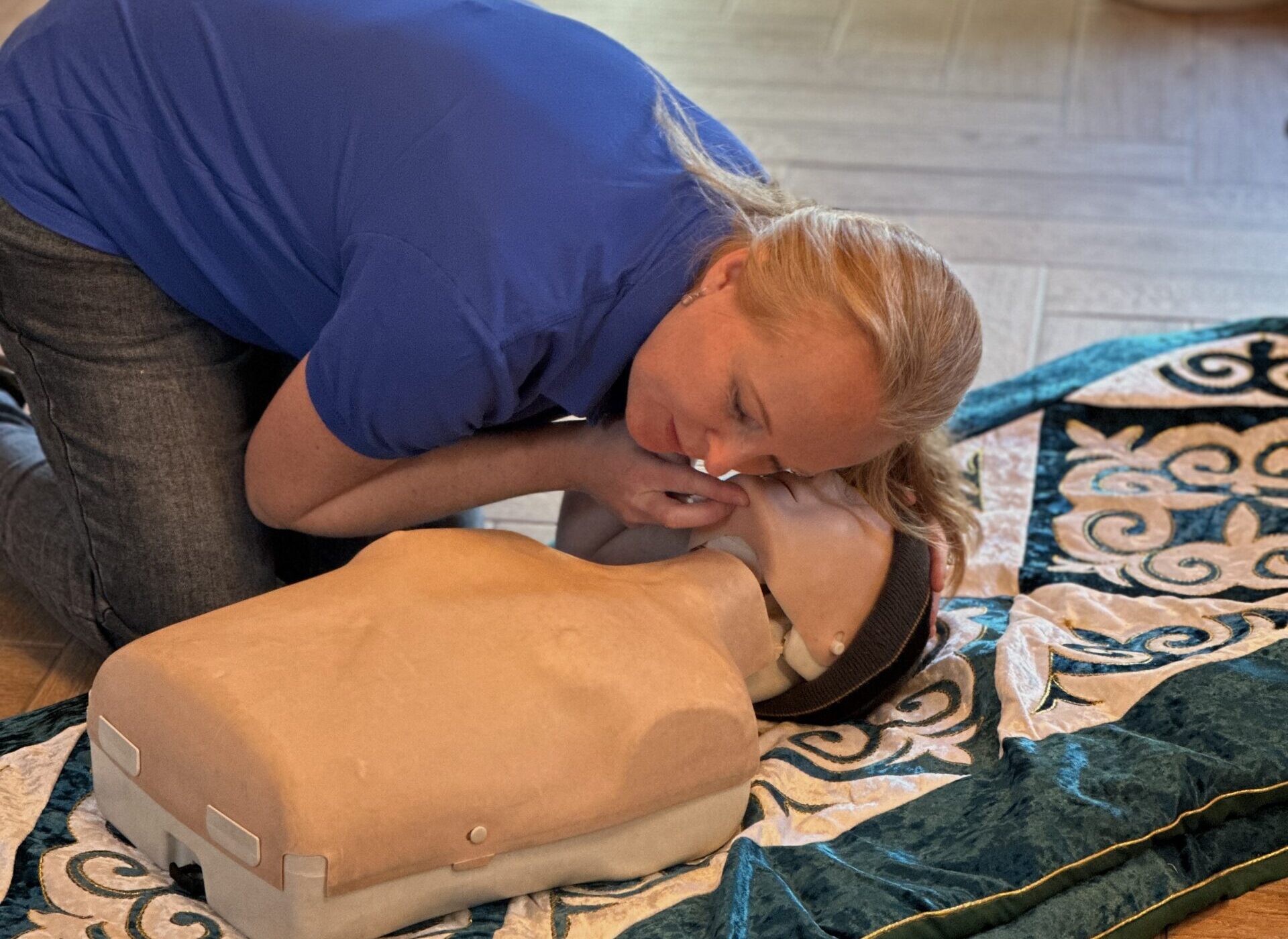
First Aid Training Programme
After living in Central Asia for a year and engaging closely with the local community, I noticed a significant gap in health knowledge. Many people would quickly panic in medical situations simply because they did not know how to respond.
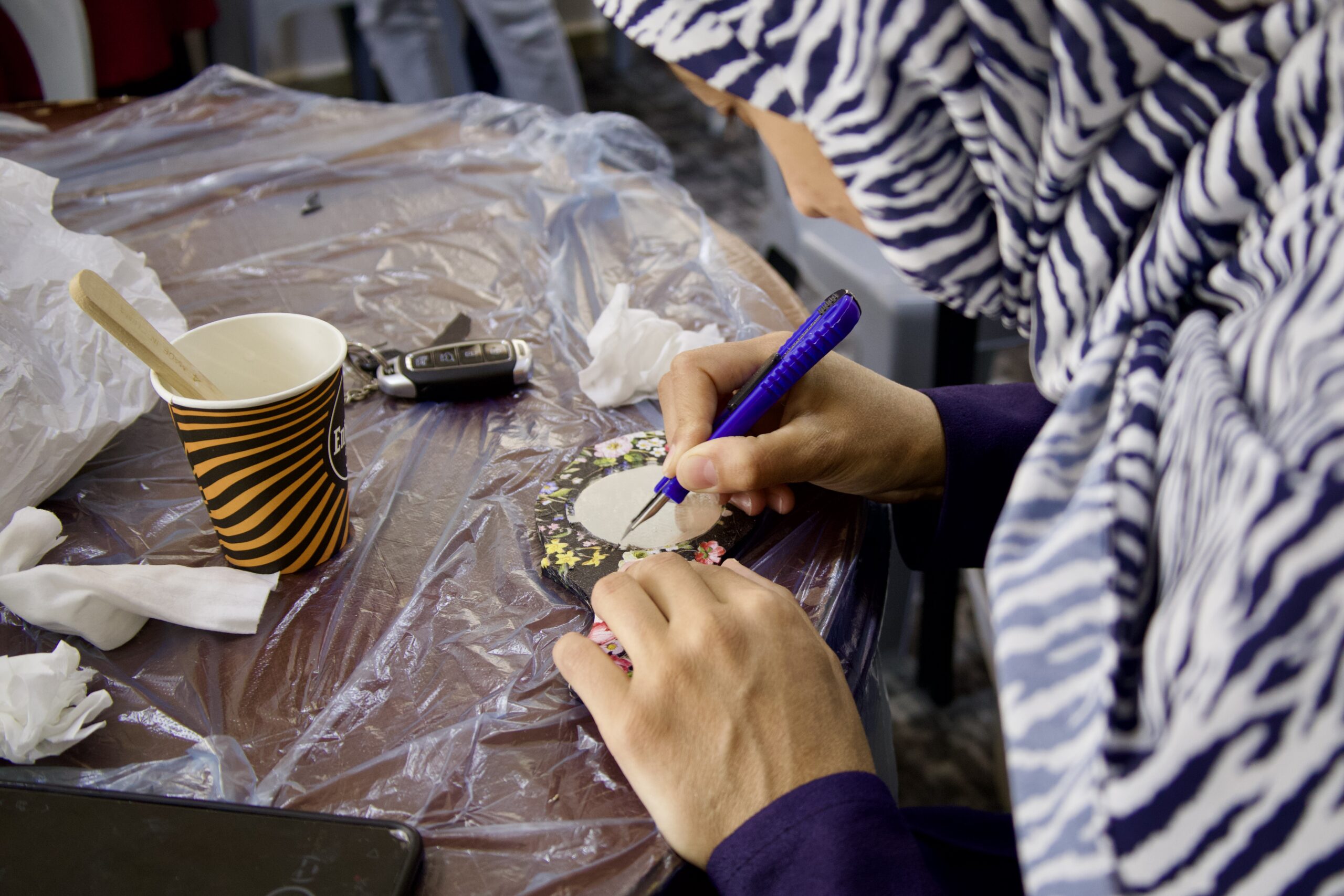
An Event for Mothers
“This is for me?” One of the ladies asked, looking at the beautiful hand-held mirror she just decorated. Her question is perhaps not surprising. For these village women,
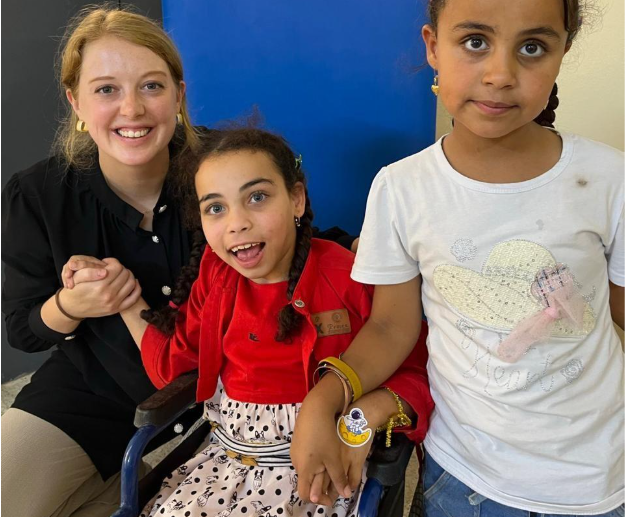
A Family Effort
Perseverance is one of our five key priorities at Operation Mercy. In our city, we often meet children and families who have endured immense hardship — through war,
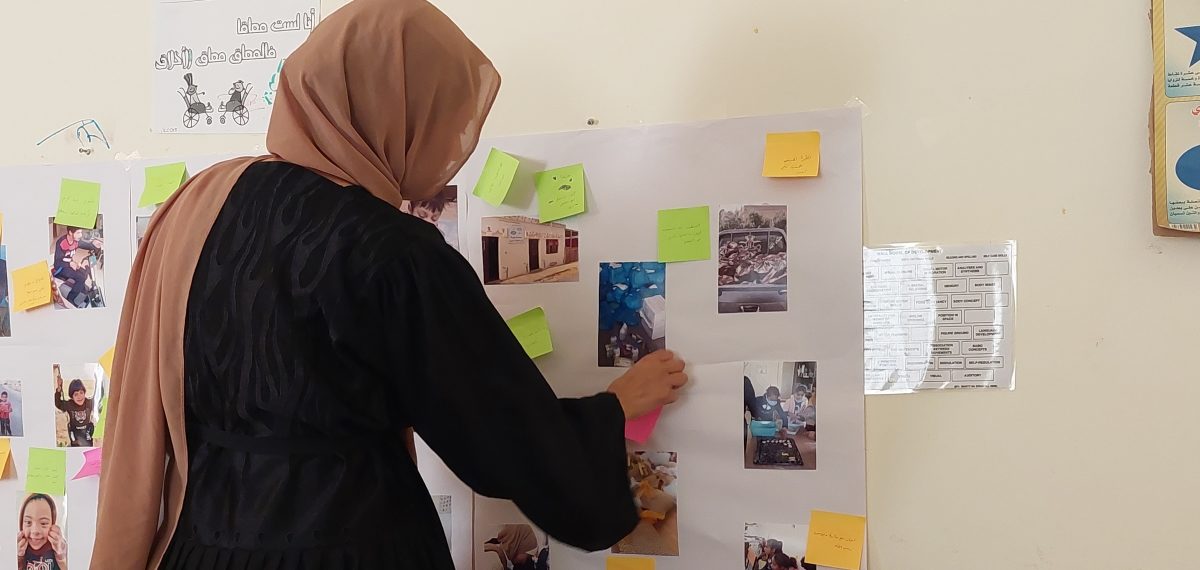
Sing Hello
“Fahid, it is your turn to sing!” Our volunteers encourage and then, with a little bit of prompting, Fahid begins to sing for us.
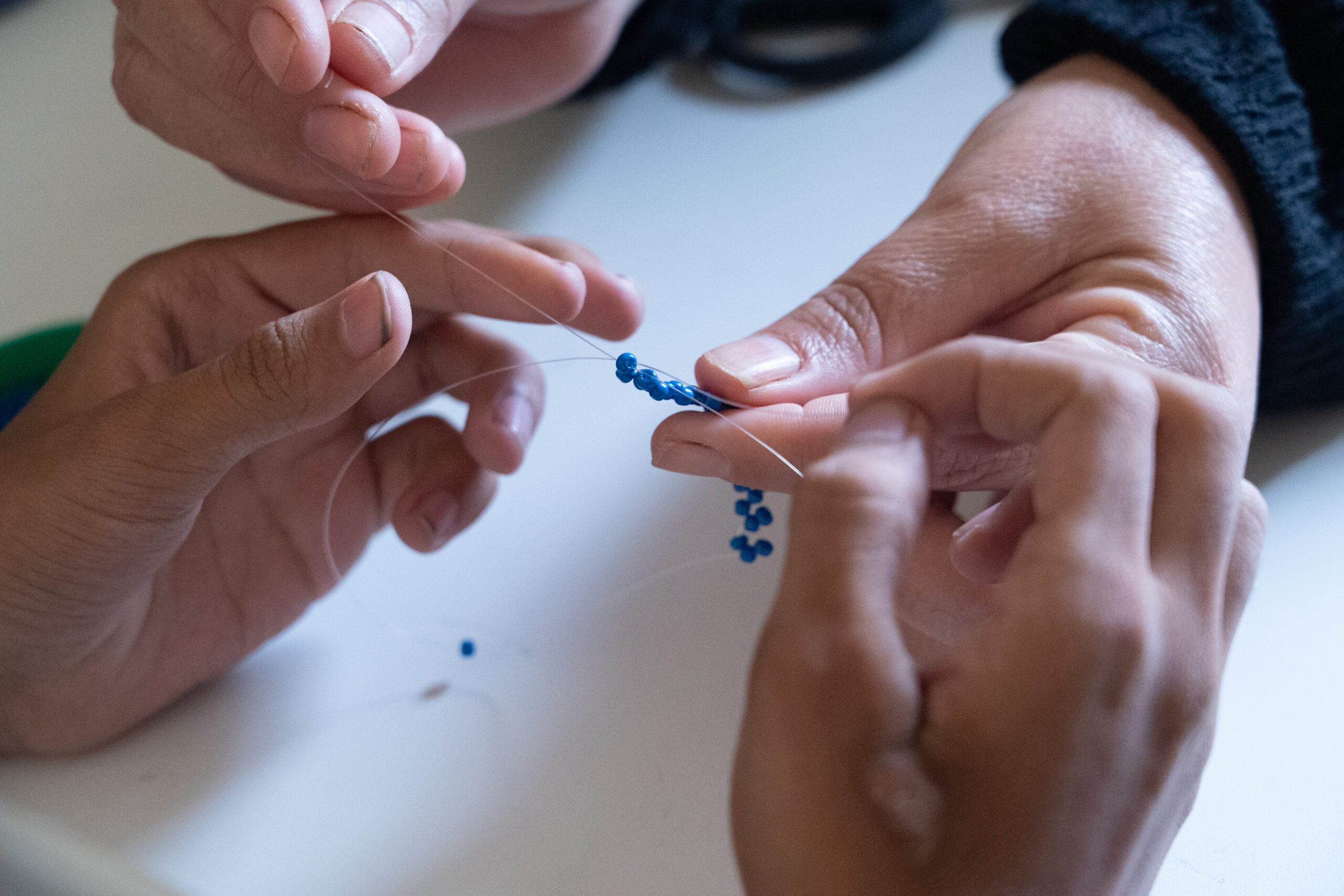
“Will we finally move now?”
“Will we finally move now?” The smile on Rania’s face was unmistakable. A combination of elation, joy, and anticipation was reflected in her expression as she entered the room and,
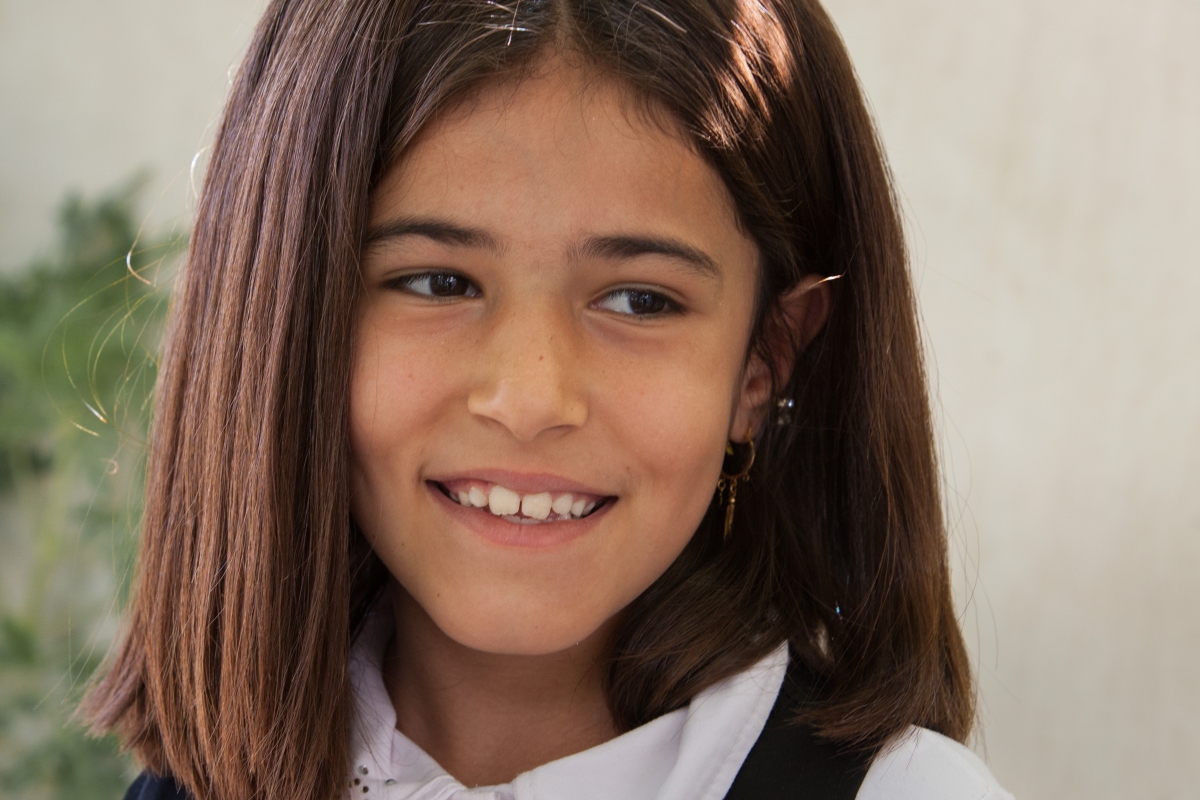
Don’t Give Up, There Is Still Hope
After a year of working with her, she is now able to feed herself, shower independently and help with cleaning around the house! When we first started working with her,
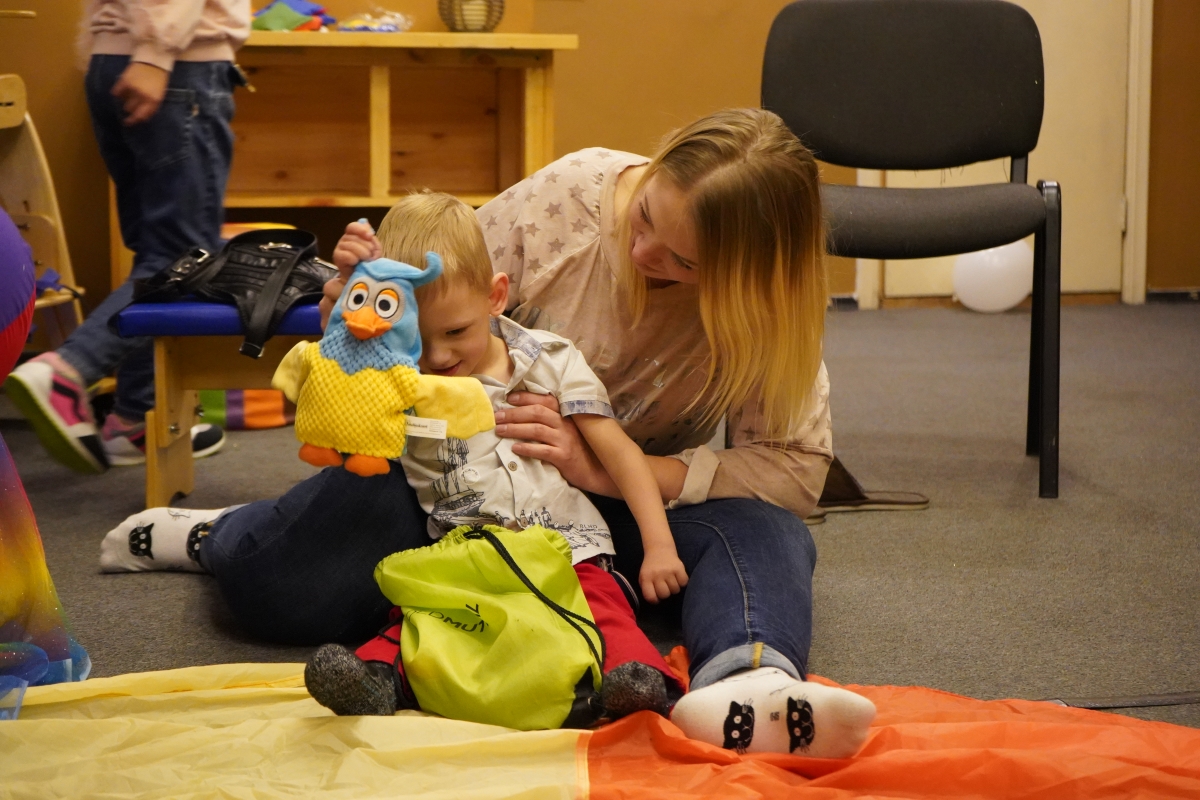
Now He Sits Like a King!
Positioning and proper support for children with cerebral palsy is crucial to their development and also to interacting and engaging with their environment.
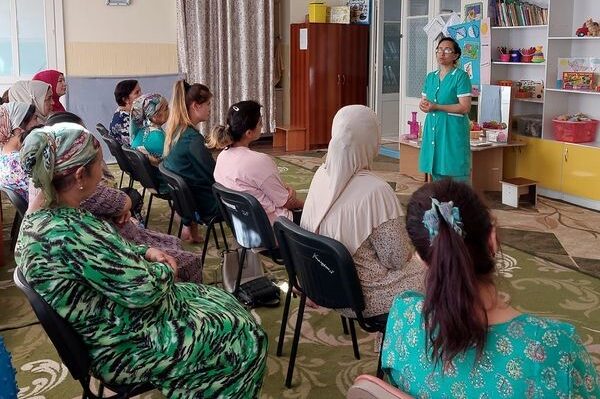
Never too late to learn!
With the support and help from the staff I learnt how to take care of a child with disability.
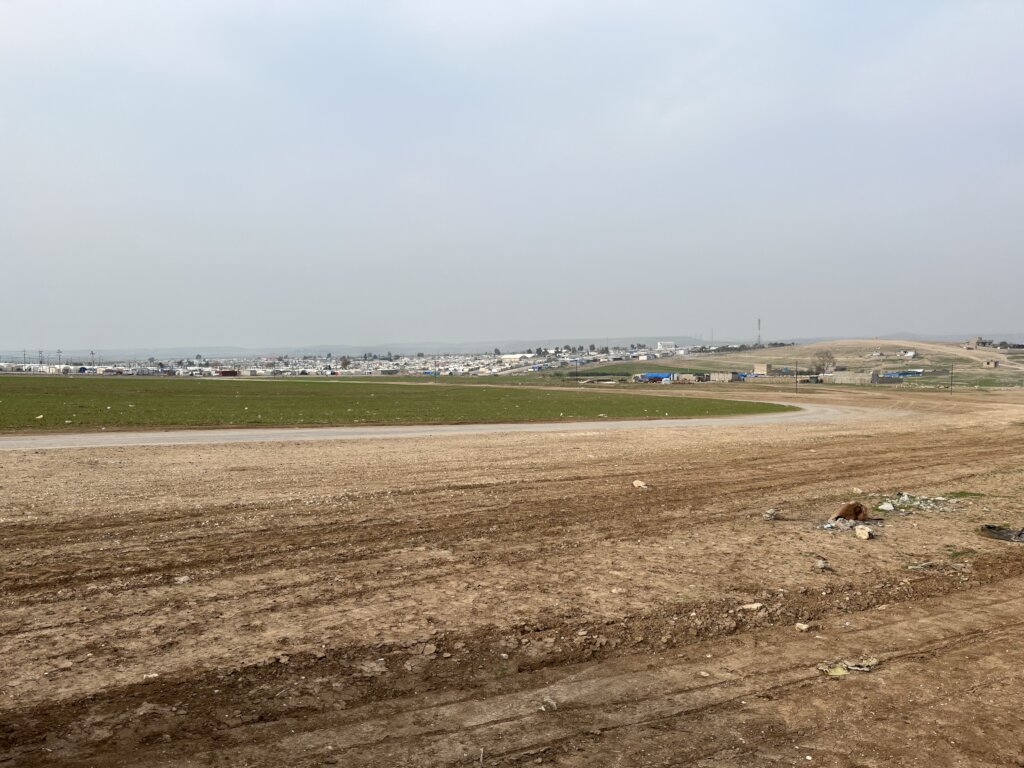
How a Mother’s Life Was Changed
On his own, he began to stand up and to hold himself on the wall.
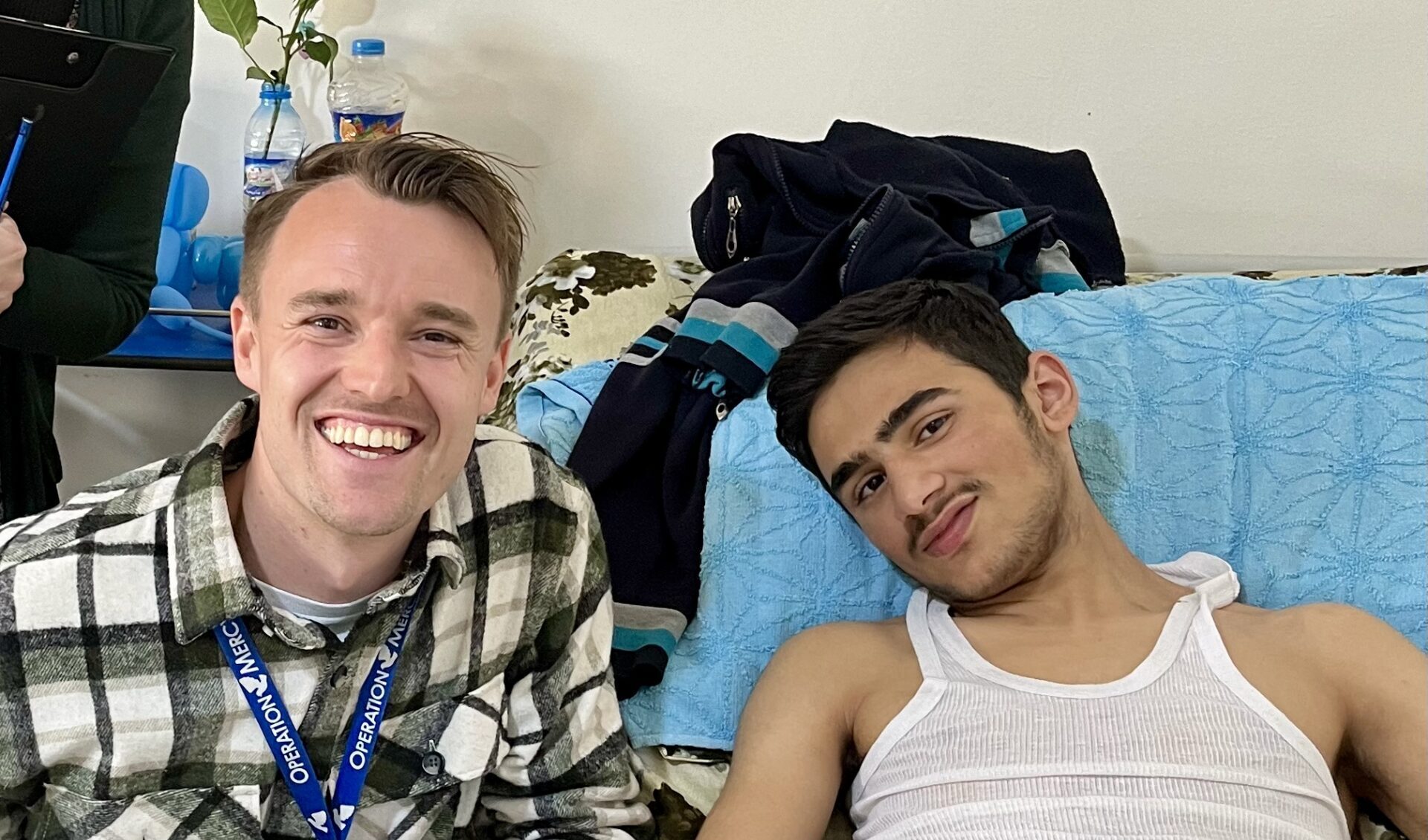
New Found Confidence
During the last couple of weeks, Ahmed’s gait and posture have significantly improved.
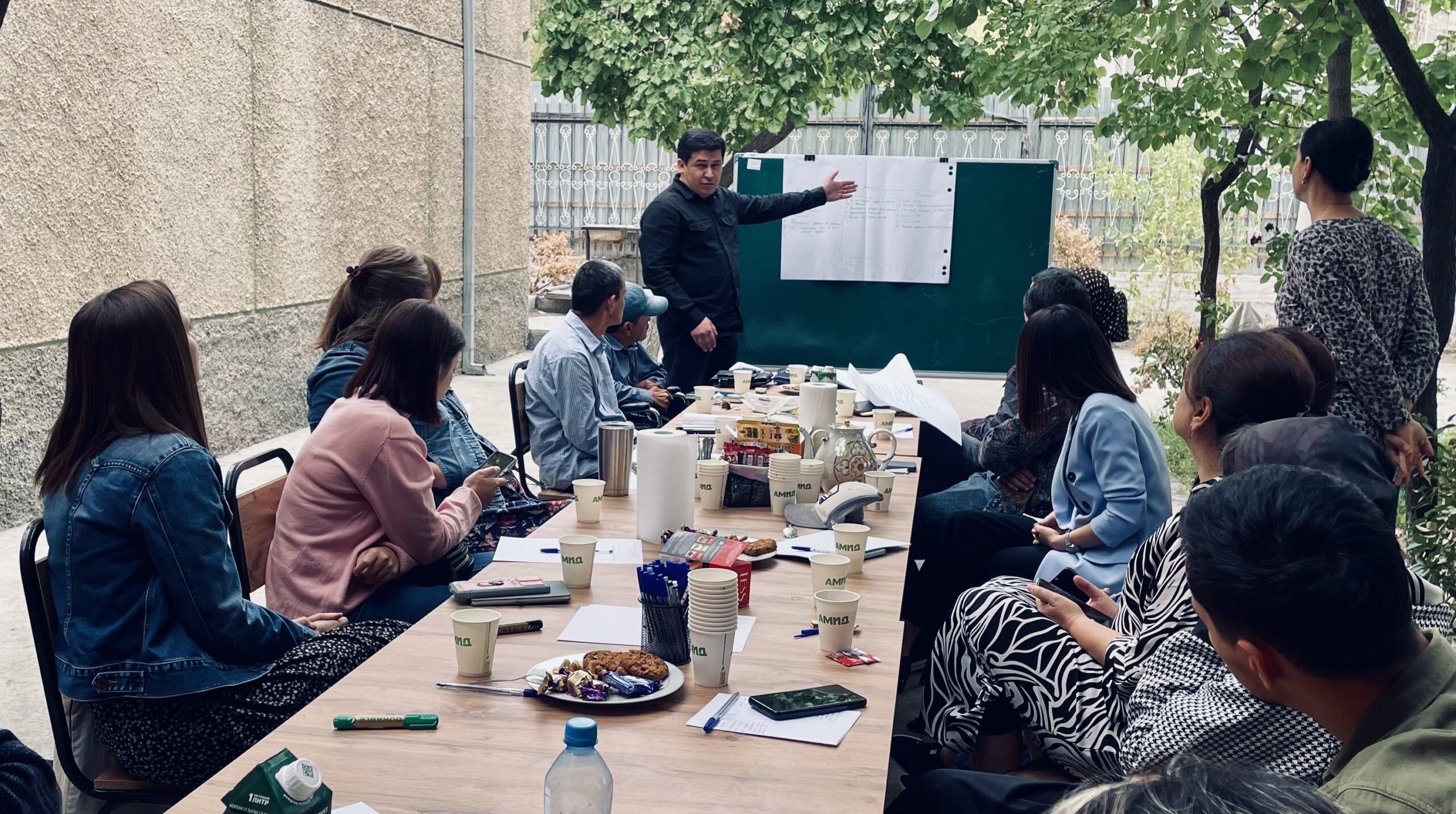
Empowerment and Advocacy
Through the project, Akmal was introduced to a world of possibilities.
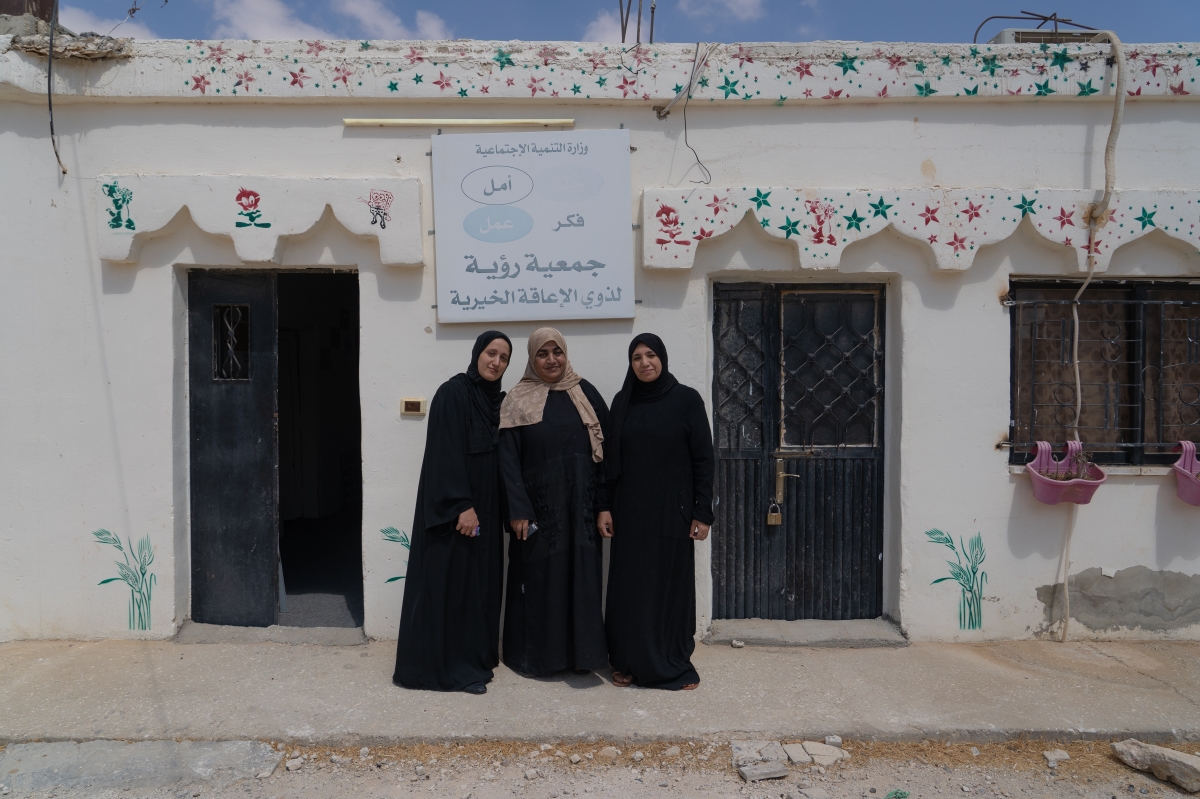
Trading Shame for Acceptance
So these women continue on, persevering on behalf of the children and their community, sharing a love and passion that grows warmer with time and over many more cups of hot tea.
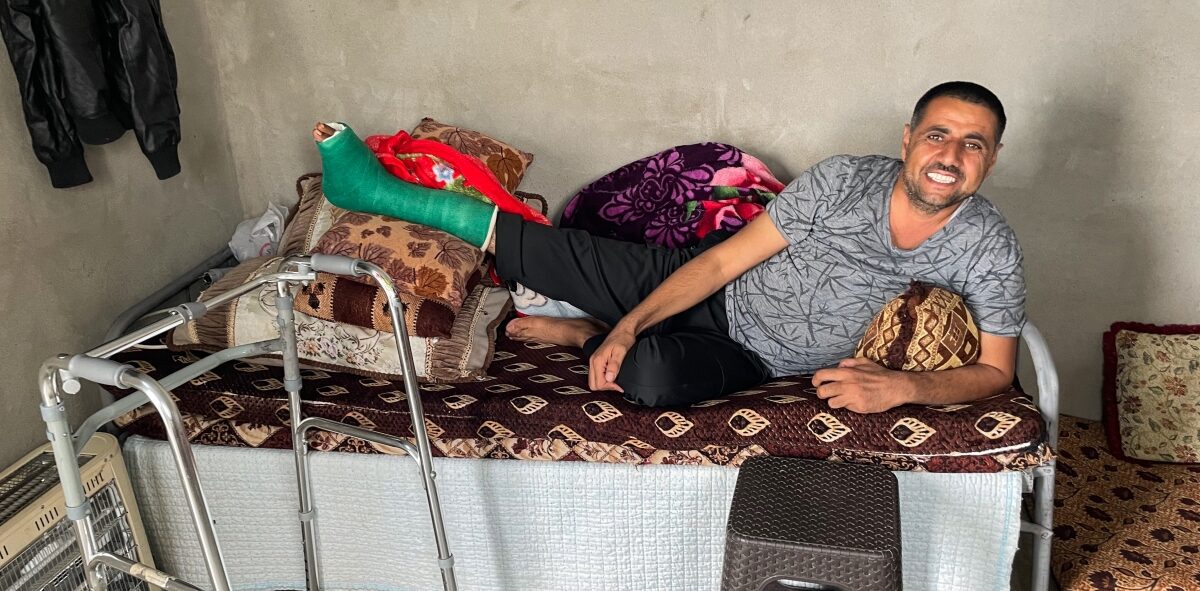
Partnerships for Good
He now has a stable home for him and his family and is walking on his “new” foot.
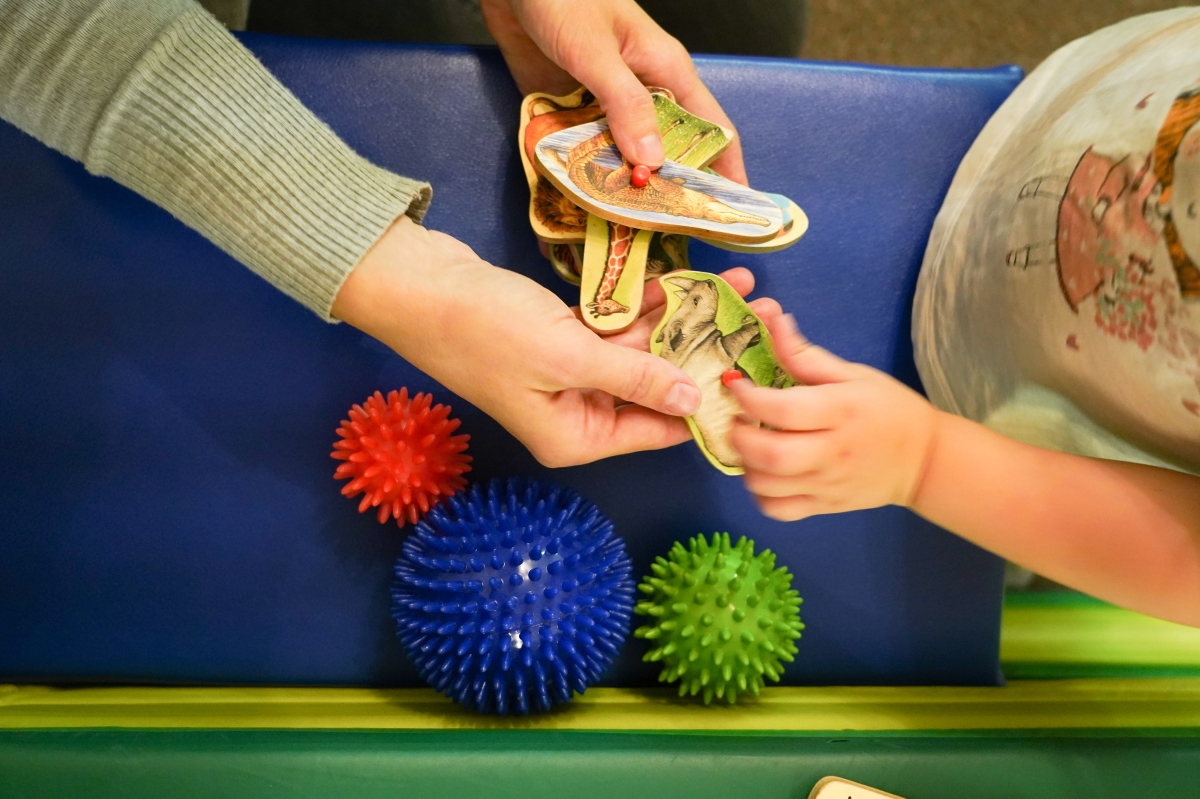
Professionalism Produces Results
Practical training like this empowers therapists to be more professional and to achieve better results in their treatment.
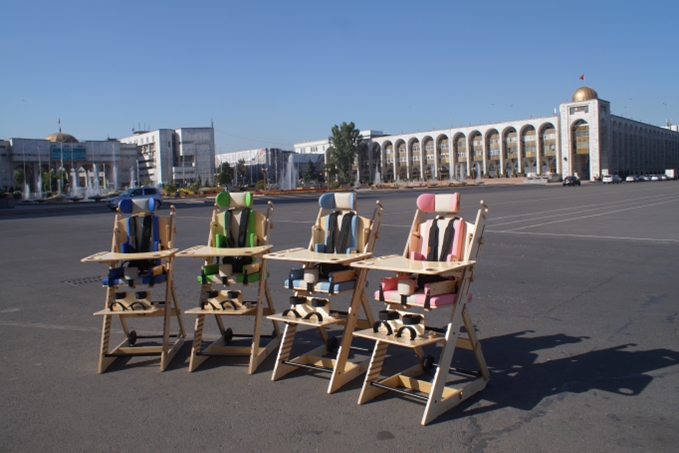
Chairs for Children
Positioning and proper support for children with disabilities is important for their development
